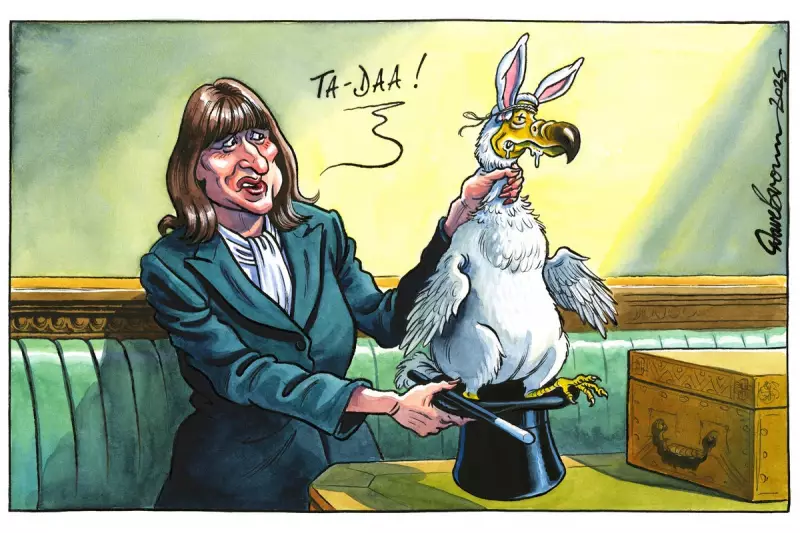
Chancellor Rachel Reeves has delivered what many are calling a traditional Labour "tax and spend" Budget that will place significant pressure on working households across Britain. Despite earlier promises to avoid tax rises, the government's latest financial plan introduces substantial changes that will affect millions of taxpayers.
A Budget of Political Necessity
The atmosphere in Westminster was notably charged as Labour backbenchers, who haven't had much to celebrate since their election victory last July, enthusiastically welcomed the Chancellor's announcement. The centrepiece of Reeves' speech was the reform of child benefit, which she described as a personal mission to combat child poverty.
This policy shift represents a significant U-turn from Labour's election position, where Sir Keir Starmer had virtually ruled out lifting the two-child cap. The change in direction follows recent political turbulence, including the welfare reform fiasco, which has strengthened the influence of the party's soft left and made the Prime Minister's position increasingly precarious.
The Tax Squeeze on Working Britain
Make no mistake: this Budget will have profound consequences for household finances. The overall tax burden is set to rise to 38% of national income, representing the highest level since the Second World War. The extension of the freeze on tax thresholds means every taxpayer will pay more in real terms, with approximately 800,000 lower-paid individuals being dragged into paying income tax for the first time.
While the Chancellor has targeted wealthier households with measures like the "mansion tax," the impact on average earners cannot be overlooked. Many families who have already struggled through years of cost-of-living pressures now face additional financial strain. The changes to salary sacrifice arrangements will make saving for retirement more difficult, potentially affecting today's young and middle-aged private sector workers well into their old age.
Broken Promises and Political Consequences
The Budget represents a dramatic departure from Labour's election manifesto, which prominently promised not to raise taxes. According to Tory shadow chancellor Sir Mel Stride, Reeves has introduced 43 new taxes or tax increases in this Budget alone. This follows last year's measures that raised approximately £40 billion, with another £26 billion in the current package.
The Chancellor's recent political difficulties, including chaotic briefings, policy U-turns, the embarrassment of the Budget being accidentally pre-released by the Office for Budget Responsibility, have undoubtedly damaged her reputation. This Budget appears designed to shore up support both for her position and the Prime Minister's leadership, focusing more on redistribution than wealth creation.
Although Reeves has built some fiscal "headroom" and placated bond markets, the OBR warns that this margin of safety remains "small by comparison to the wider risks around our fiscal forecast." The statement highlights uncertainties around complex tax changes and pressures on welfare, health, education, and other essential services, suggesting that significant challenges still lie ahead for the government's economic plans.





